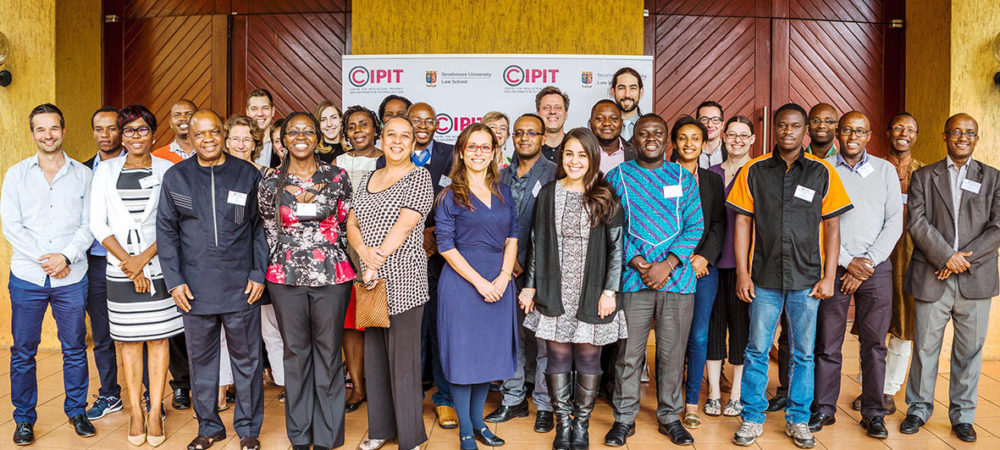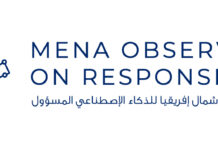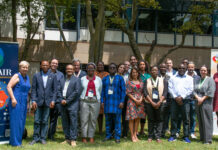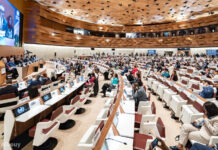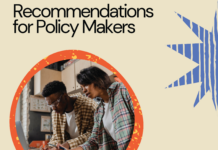Recap and Reflections on the Open AIR Case Study Workshop
By Sileshi Hirko
In the first week of April 2016, the Open African Innovation Research and Training (Open AIR) network held a three-day workshop at our Nairobi hub, Strathmore University. The workshop included the Open AIR team and was primarily organized to bring together all the successful case study researchers in order to review, refine, and brainstorm about their upcoming research. There was also significant activity on Twitter, which can be read about here. All the case studies that Open AIR is funding fall under at least one of our major research themes: high technology hubs, informal sector innovation, indigenous entrepreneurship, and metrics and policies.
“Workshopping” the Case Studies
Following the opening speech by the Vice-Chancellor of Strathmore University and a brief introduction by the participants, the workshop was opened by reiterating the overarching objective of the case studies to identify “how open collaborative innovation help business scale up and seize the new opportunities of a global knowledge economy.”
The workshop was divided into four sessions, based on the four major research themes of Open AIR. In each session, successful case study researchers presented their proposed research and then broke into discussion groups where all participants could brainstorm and share ideas with the researchers. These discussions were very helpful in aligning and refining the case studies including constructive comments being provided regarding the topics, methodologies, content, and research questions/hypotheses of the respective case studies. Each breakout session was then followed by a brief summary for all attendees regarding what was discussed in each of the breakout session, allowing for additional comments/questions.
Many concepts were identified and refined in the course of “workshopping” the case studies. For example, one of the recurring themes that emerged related to defining business scalability in each of the respective case studies; scalability meant different things under different themes and in different contexts. Similarly, the notion of innovation in the context of the informal sector and how to measure this were other issues that were given further attention.
On the last day, presentations were made by the Open AIR Steering Committee, especially emphasizing the need to adhere to all required ethical clearances over the course of the research. As well, researchers were reminded of the need to comply with the research ethics policies of Open AIR’s funding partners: the Social Science and Humanities Research Council of Canada (SSRCH) and the International Development Research Center (IDRC).
A NERG Perspective
As one of the members of the New and Emerging Researchers Group (NERG), this was my first time participating in a workshop. I feel privileged to have been selected to attend, as it was an excellent opportunity to meet and interact with the members of the network from all over the continent. Indeed, I am lucky to be part of such an intimate family of professionals, with diverse academic and professional experiences. A s a PhD student whose research project is partly funded by Open AIR, my involvement in the workshop helped me to see how my research falls within the larger research themes of Open AIR; helping me to see how all these issues are interconnected and what my research could achieve. The varying perspectives have also helped me to think of news aspects to my research and inspired new ideas and new avenues of enquiry. With the experiences, ideas, and connections I am building as part of the network, I have no doubt that this will greatly shape my future professional career and contribute to the role I envision playing as an African scholar.

